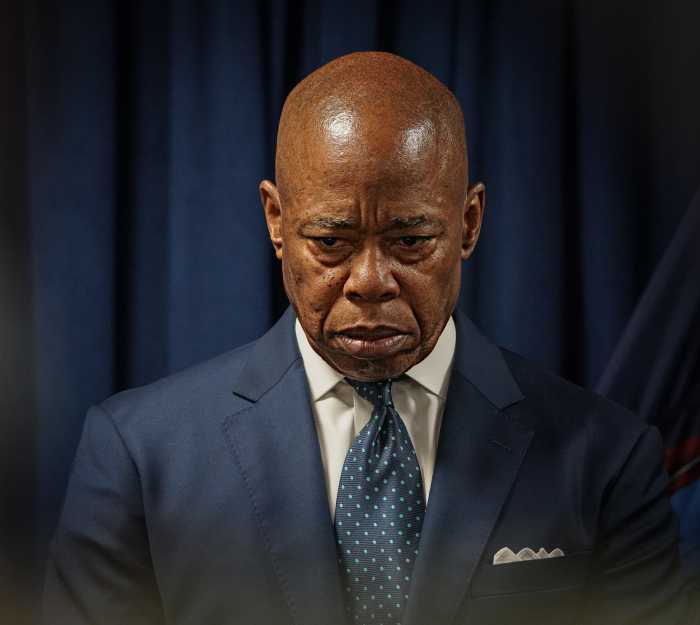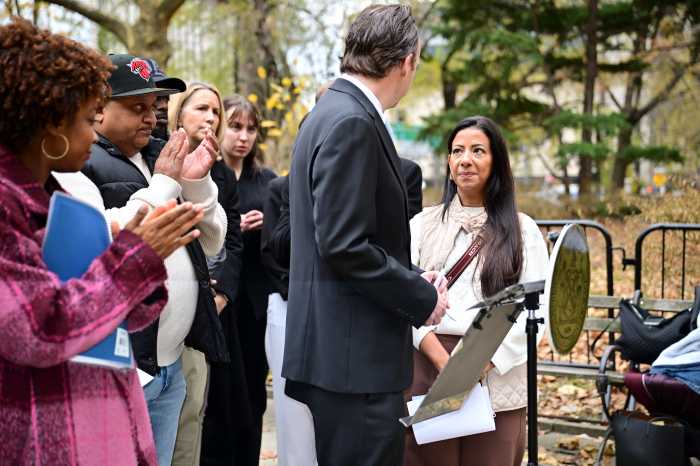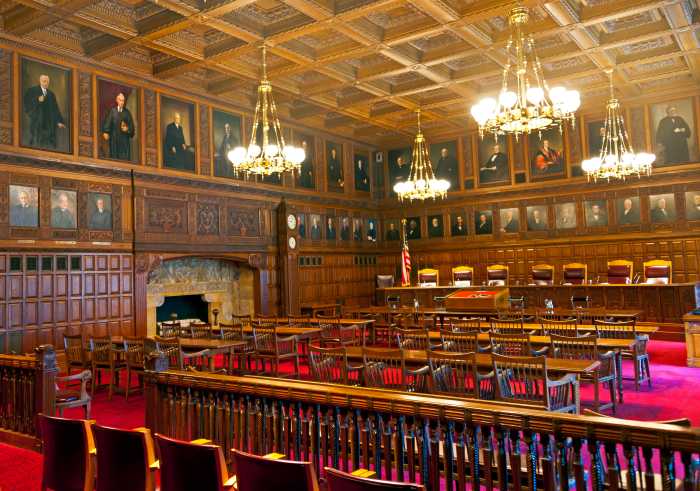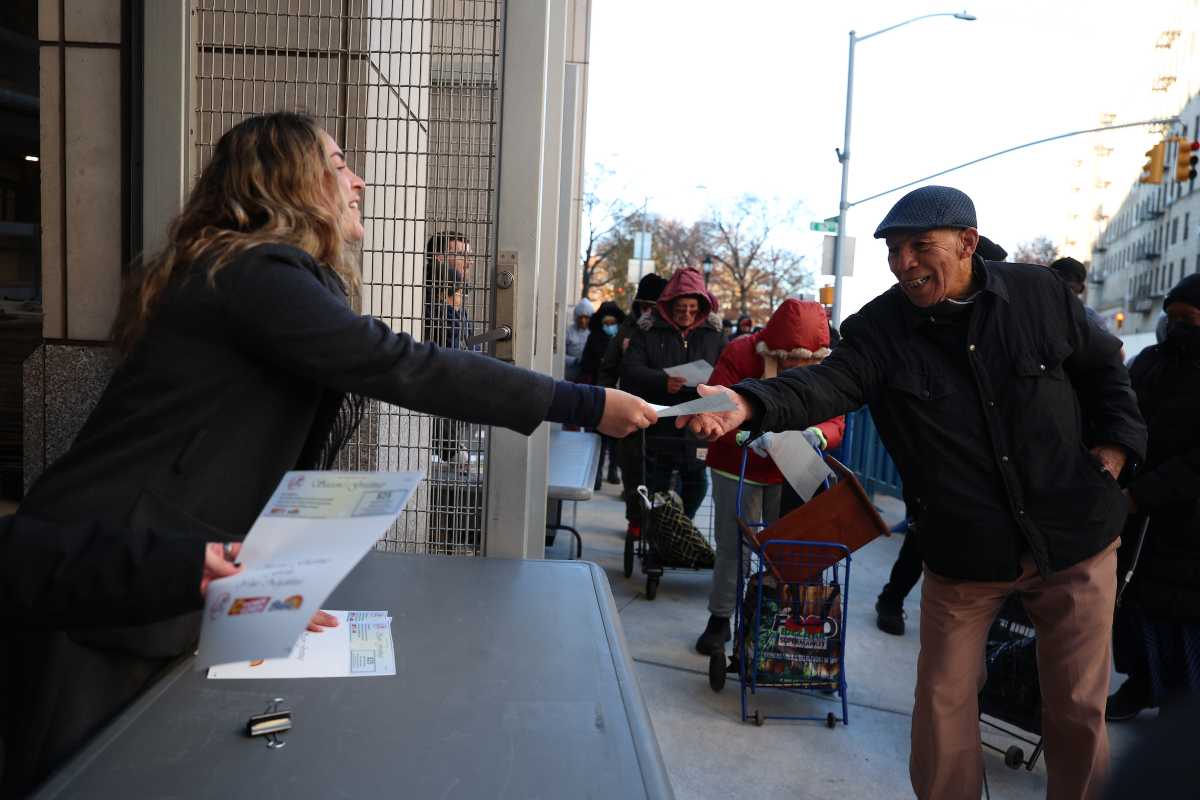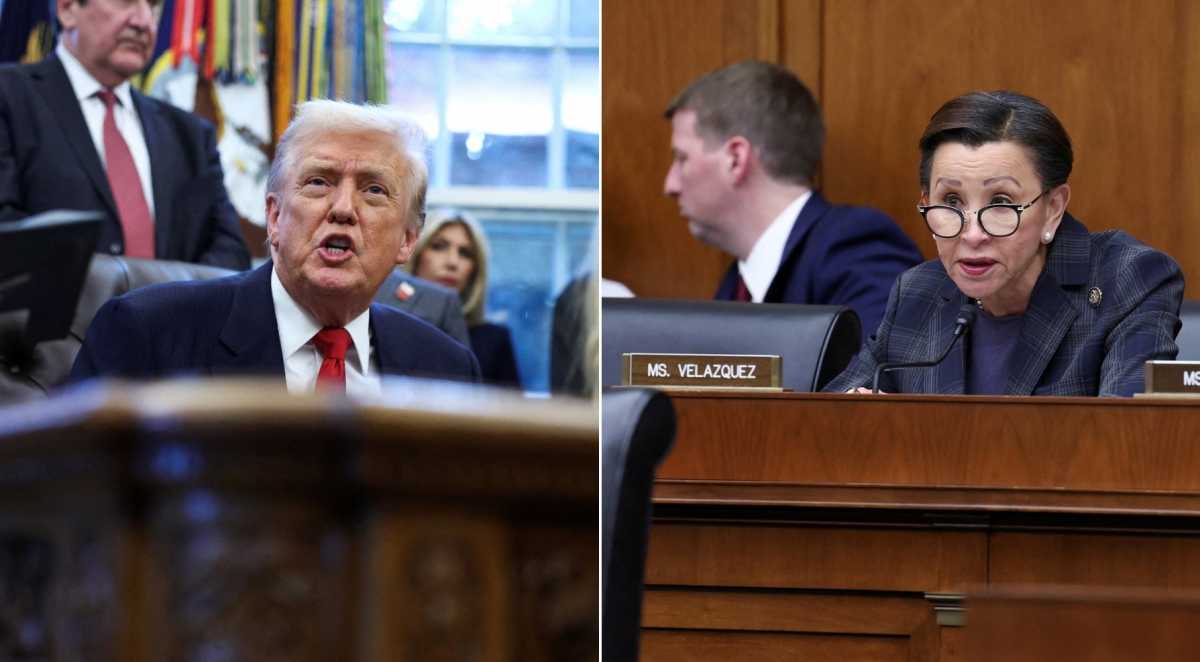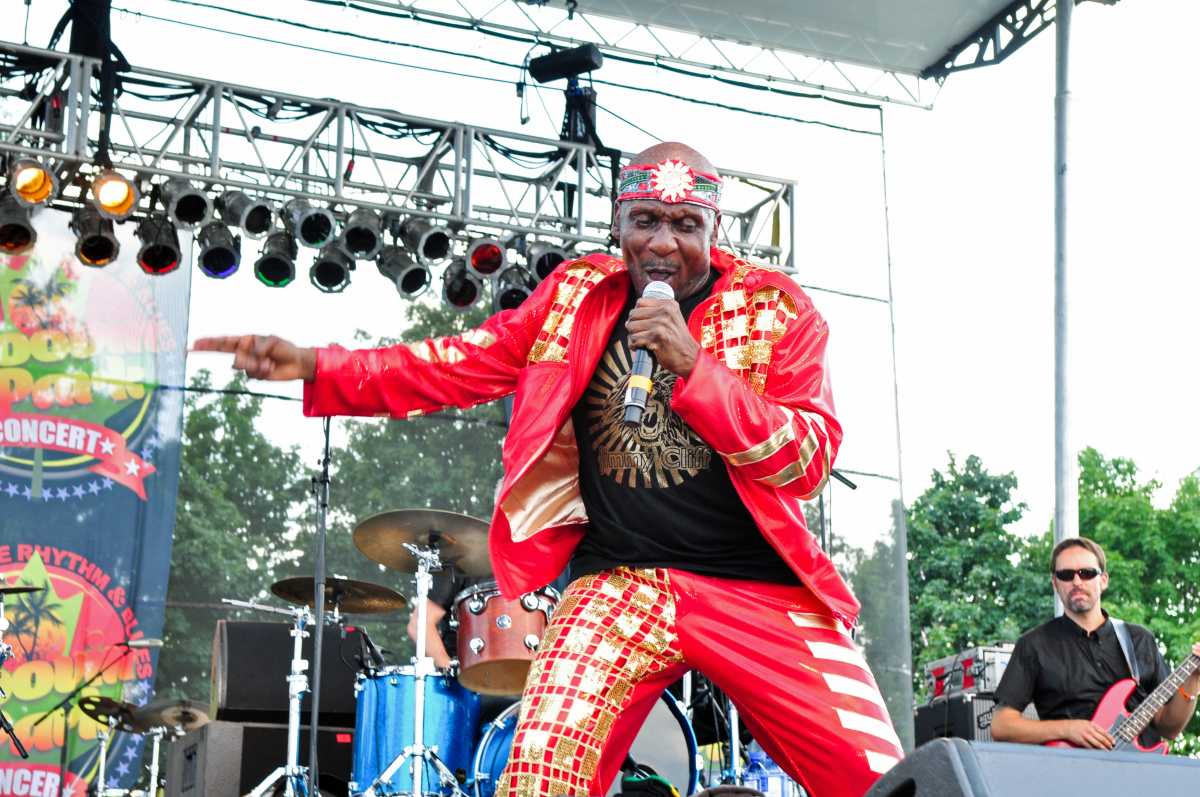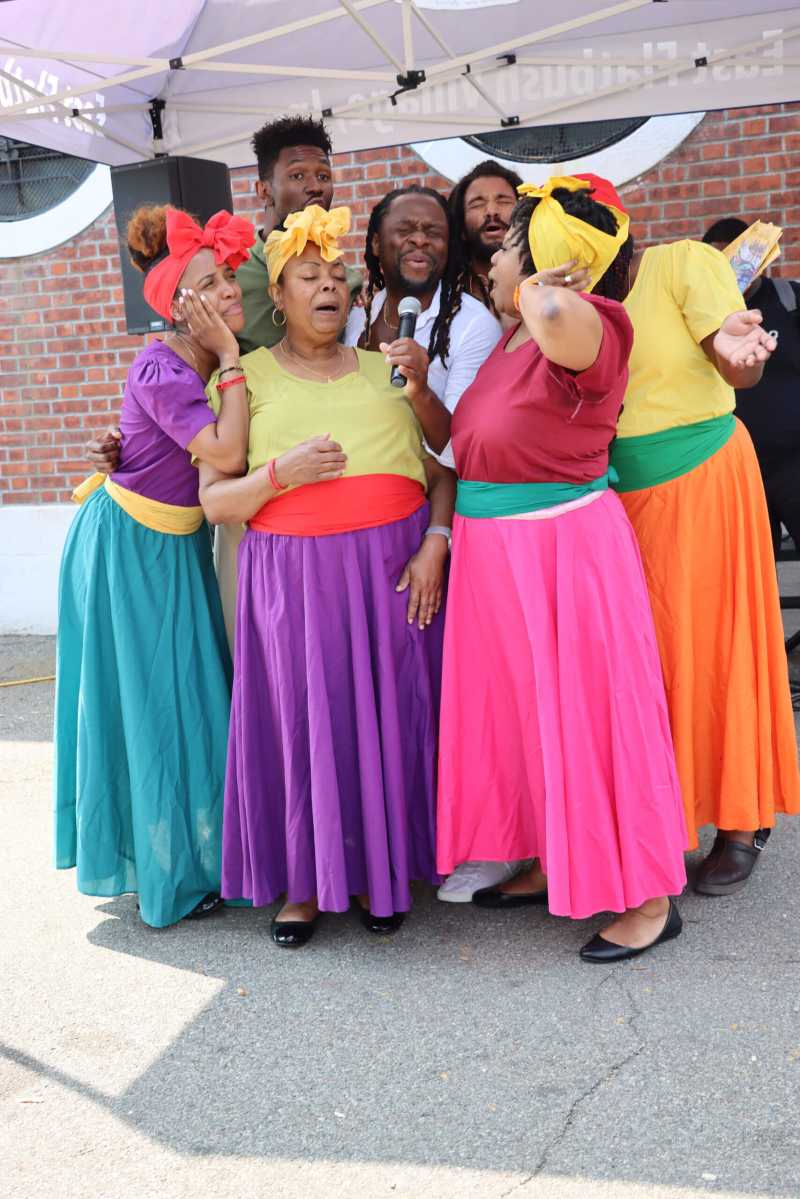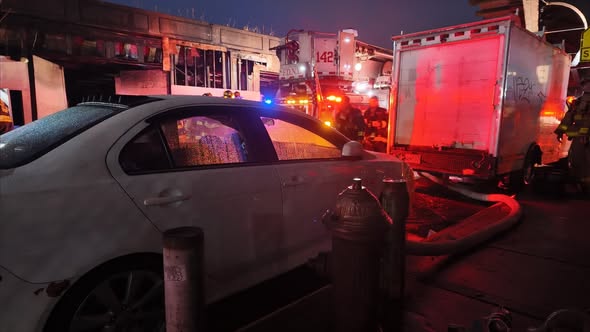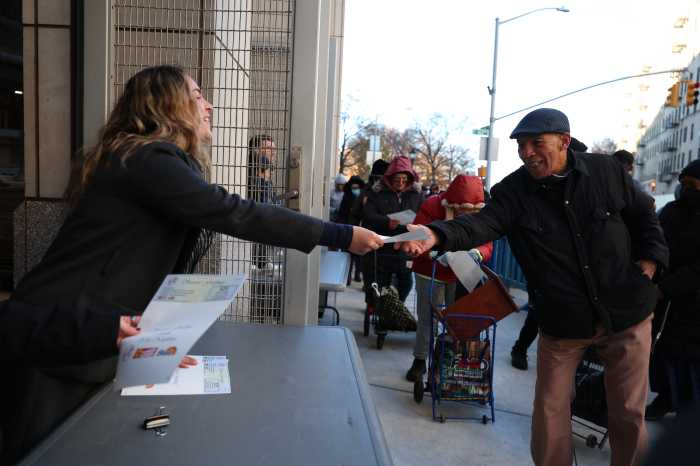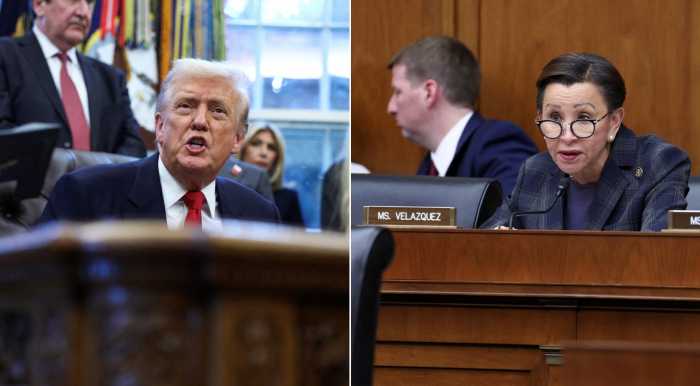New York’s high court has rejected an early constitutional challenge to concealed carry laws enacted in the Empire State in the wake of a 2022 U.S. Supreme Court decision that tossed out the state’s requirement to justify ownership of a firearm.
On Monday, the New York Court of Appeals found that the state’s requirement to provide a reason why they should be allowed to own a firearm — which was struck down by the U.S. Supreme Court’s ruling in New York State Rifle & Pistol Association, Inc. v. Bruen, to be “severable” from the rest of New York’s detailed licensing system.
In its decision, the court upheld the state’s right to impose certain limitations on the right to carry a concealed weapon. The case came to the Court of Appeals from the Bronx, where the defendant in an illegal gun possession case claimed that the Bruen decision renders New York’s entire gun licensing system unconstitutional.
“We find the ‘proper cause’ requirement severable,” Associate Judge Caitlin Halligan wrote for the court. “The text and structure of the licensing scheme evince a clear legislative intent to regulate the lawful purchase, possession, and use of firearms… We find it implausible that the Legislature would have intended for all of these other provisions to be invalidated simply because the “proper cause” requirement was deemed unenforceable.”
Though Johnson’s arrest happened immediately after the Bruen decision went into effect, the court wrote that the Legislature would have intended for the rest of the licensing system to remain in effect following Bruen’s invalidation of the “proper cause” requirement.
The defendant, the court wrote, failed to meet the “extraordinary burden” of proving that the entire law is unconstitutional in every possible application.
Though the court was unanimous in its decision that Johnson’s illegal weapons possession conviction should not be reversed, Judges Anthony Cannataro, Michael Garcia and Madeline Singas signed onto a separate concurrence, authored by Cannataro, that the court should not have taken up his constitutional argument at all.
Cannataro wrote that he agreed with the Appellate Division’s finding that Johnson’s plea deal should have prevented an appeal, raising the concern that the majority’s decision “incentivizes unnecessary litigation” and “disincentivizes the People from offering [appeal waivers] as favorable terms in plea negotiations.”
In July 2022 — less than a month after SCOTUS issued its ruling in Bruen — police were called to Omar Johnson’s home for a domestic incident, and an officer found a loaded 9-millimeter pistol in the defendant’s moped. Johnson did not have a valid firearm license, and was indicted for criminal weapons possession.
Johnson’s arrest occurred just before state legislature new firearm licensing requirements and restrictions on concealed carry.
Johnson’s challenge went further than the Supreme Court’s narrow licensing issue to argue against broad licensing conditions that would limit Second Amendment rights such as the “good moral character” requirement, the requirement that an applicant be 21 years old, and the prohibition on possession by convicted felons.
Emily Aldridge of the Bronx District Attorney Darcel Clark’s office argued the case before the Court of Appeals.
“We welcome this decision,” wrote Bronx DA spokesperson Patrice O’Shaughnessy in a statement.
Johnson’s attorney Benjamin Rutkin-Becker of the Center for Appellate Litigation, who presented arguments to the high court, did not respond to a request for comment.




